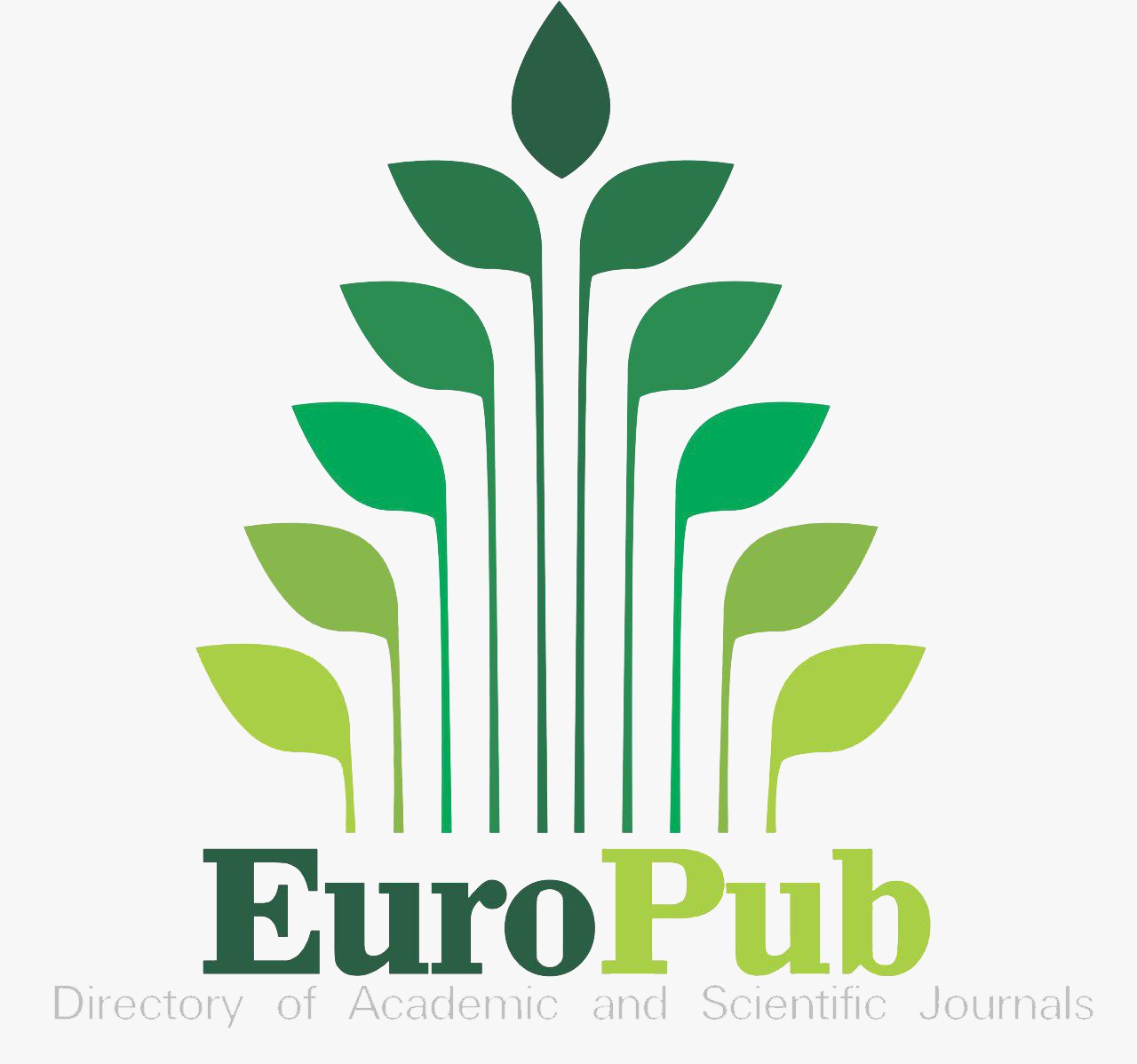GAMIFICATION AND MEANINGFUL LEARNING IN TEACHING GEOMETRY IN SECONDARY SCHOOL
DOI:
https://doi.org/10.56219/dialctica.v2i25.4071Keywords:
Meaningful learning, gamification, geometry, didactic proposalAbstract
This article is based on the analysis of a teaching strategy focused on developed spatial geometry skills using gamification as a meaningful learning technique articulated with the implementation of educational activities that allow students in eighth and ninth grades, aged 12 to 14 to strengthen their knowledge of geometry and its various study topics. Likewise, the study seeks to contextualize each geometric concept through every day or experiential elements familiar to students, thus contributing meaningfully to the teaching and learning processes. In doing so, it also promotes awareness of geometric learning through the design of didactic units that facilitate the interpretation and explanation of the world. The proposal aims to develop spatial-geometric skills using gamification as a technique for meaningful learning, as it integrates the core principles of gamification into educational activities. The research adopts a mixed-methods approach, incorporating elements of the quantitative method—such as the collection and analysis of numerical data to measure variables and establish statistical relationships—and the qualitative method, which emphasizes understanding social phenomena through student interviews and observations. In this context, the Van Hiele model was integrated, with the objective of supporting the development and progression of students' metacognitive processes related to geometric thinking skills. As a final outcome, the study concludes that the motivation and interest generated through gamification lead students to engage passionately with the subject matter, transforming them into creators of their own knowledge and, consequently, promoting meaningful learning.
Downloads
References
Ausubel, D. P., Novak, J. D., & Hanesian, H. (2020). Psicología educativa: Un punto de vista cognoscitivo (2ª ed.). Trillas. (Obra original publicada en 1968).
Ausubel, D., Novak, & Hanesian. (1983). Psicología educativa: Un punto de vista cognoscitivo. México: Trillas.
Barrantes López, M., & Balletbo Fernández, I. (2012). Tendencias Actuales de la Enseñanza - Aprendizaje de la Geometría en Educación Secundaria. Revista Internacional de Investigación en Ciencias Sociales, 18.
Duval, R. (1998). Registers of representations, and the cognitive functioning of mathematical thinking. In English, L. (Ed.), Mathematical reasoning: Analogies, metaphors, and images (pp. 311–326). Lawrence Erlbaum Associates.
Font, V., Godino, J. D., & Wilhelmi, M. R. (2020). Didáctica de la geometría: Una visión basada en el enfoque ontosemiótico. Editorial Síntesis.
García, M., & Rodríguez, L. (2019). La teoría de Van Hiele y su aplicación en el aula de geometría. Revista de Didáctica de las Matemáticas, 34(2), 112-125.
Godino, J. D., Batanero, C., & Font, V. (2007). Fundamentos de la enseñanza y el aprendizaje de las matemáticas para maestros. Departamento de Didáctica de la Matemática, Universidad de Granada.
Hernández Mendoza, S., & Duana Ávila, D. (2020). Técnicas e instrumentos de recolección de datos. Boletín Científico de las Ciencias Económico Administrativas del ICEA, 9(17), 51–53. DOI: https://doi.org/10.29057/icea.v9i17.6019
Jaime, A., & Gutierrez, A. (1990). Una propuesta de Fundamentación para la Enseñanza de la Geometría: El modelo de van Hiele, Práctica en Educación Matemática:. Sevilla: Alfar.
Kivkovich, N. (2015). A Tool for Solving Geometric Problems Using Mediated Mathematical Discourse (For teachers and Pupils). Procedia - Social and Behavioral Sciences, 7. DOI: https://doi.org/10.1016/j.sbspro.2015.11.282
López, M., & Rodríguez, C. (2021). Metodologías innovadoras para la enseñanza de la geometría: Una revisión crítica. Revista de Educación Matemática de América Latina.
Mayor, J. (1985). Aprendizaje y condicionamiento. Alhambra Universidad, P 215.
Ministerio de Educación Nacional. (2003). Estándares Básicos de Competencias en Matemáticas: Grados 6º a 9º. Recuperado de https://www.mineducacion.gov.co/1621/articles-85458_archivo_pdf1.pdf
Moll, S. (24 de 02 de 2019). Cuando Aprender se convierte en una experiencia inolvidable. Obtenido de Educación 3.0:
https://www.educaciontrespuntocero.com/opinion/aprendizaje-profundo/
Morales, M. (2021). Gamificación educativa: estrategias para motivar el aprendizaje. Editorial Trillas.
Moreira, M. A. (2012). Aprendizaje significativo: un concepto subyacente. Revista de Educación, 359, 438-452.
Navarro-Mateos, C., Pérez-López, I. J., & Femia, P. (2021). La gamificación en el ámbito educativo español: revisión sistemática. Retos: Nuevas Tendencias en Educación Física, Deporte y Recreación, (42), 507–516.} DOI: https://doi.org/10.47197/retos.v42i0.87384
Pardo, A., Triviño, M. A., & Mora, B. (2020). Atención a la diversidad en un sistema educativo inclusivo: la gamificación como metodología de aprendizaje. Madrid: Pirámide.
Pino-Fan, L. R., Assis, A., & Castro, W. F. (2015). Una caracterización del conocimiento didáctico-matemático del profesor: el caso del conocimiento sobre las funciones. Revista Latinoamericana de Investigación en Matemática Educativa, 18(3), 7–40.
Pozo, J. I., & Gómez Crespo, M. A. (2021). Aprender y enseñar en la nueva cultura del aprendizaje. Morata. P 45
Radford, L. (2014). Educación matemática: una visión sociocultural. Editorial Bonilla Artigas.
Sánchez, A., Muñoz, C., & López, A. (2020). La gamificación como estrategia innovadora en la enseñanza de las matemáticas. Revista de Investigación Educativa, 38(1), 145–162.
Socas, M. (1997). El aprendizaje de las matemáticas: dificultades y estrategias en la enseñanza de la geometría. Editorial Magisterio
Torres, A. (2020). Inteligencia Lógico - Matemática: ¿Qué es y cómo la podemos mejorar? Obtenido de Psicología y mente: https://psicologiaymente.com/inteligencia/inteligencia-logico-matematica
Zepeda Hurtado, M. E., Cortés Ruiz, J. A., & Cardoso Espinosa, E. O. (2022). Estrategias para el desarrollo de habilidades blandas a partir del aprendizaje basado en proyectos y gamificación. RIDE Revista Iberoamericana para la Investigación y el Desarrollo Educativo, 13(25). DOI: https://doi.org/10.23913/ride.v13i25.1348
Downloads
Published
How to Cite
Issue
Section
License

This work is licensed under a Creative Commons Attribution-NonCommercial-ShareAlike 4.0 International License.
La revista Dialéctica conserva los derechos patrimoniales (copyright) de las obras publicadas, que favorece y permite la reutilización de los mismos bajo la licencia Creative Commons Atribución-NoComercial-CompartirIgual 4.0 , por lo cual se pueden copiar, usar, difundir, transmitir y exponer públicamente, siempre que se cite la autoría y fuente original de su publicación (revista, editorial, URL y DOI de la obra), no se usen para fines comerciales u onerosos y se mencione la existencia y especificaciones de esta licencia de uso. Si remezcla, transforma o crea a partir del material, debe distribuir su contribución bajo la misma licencia del original.












